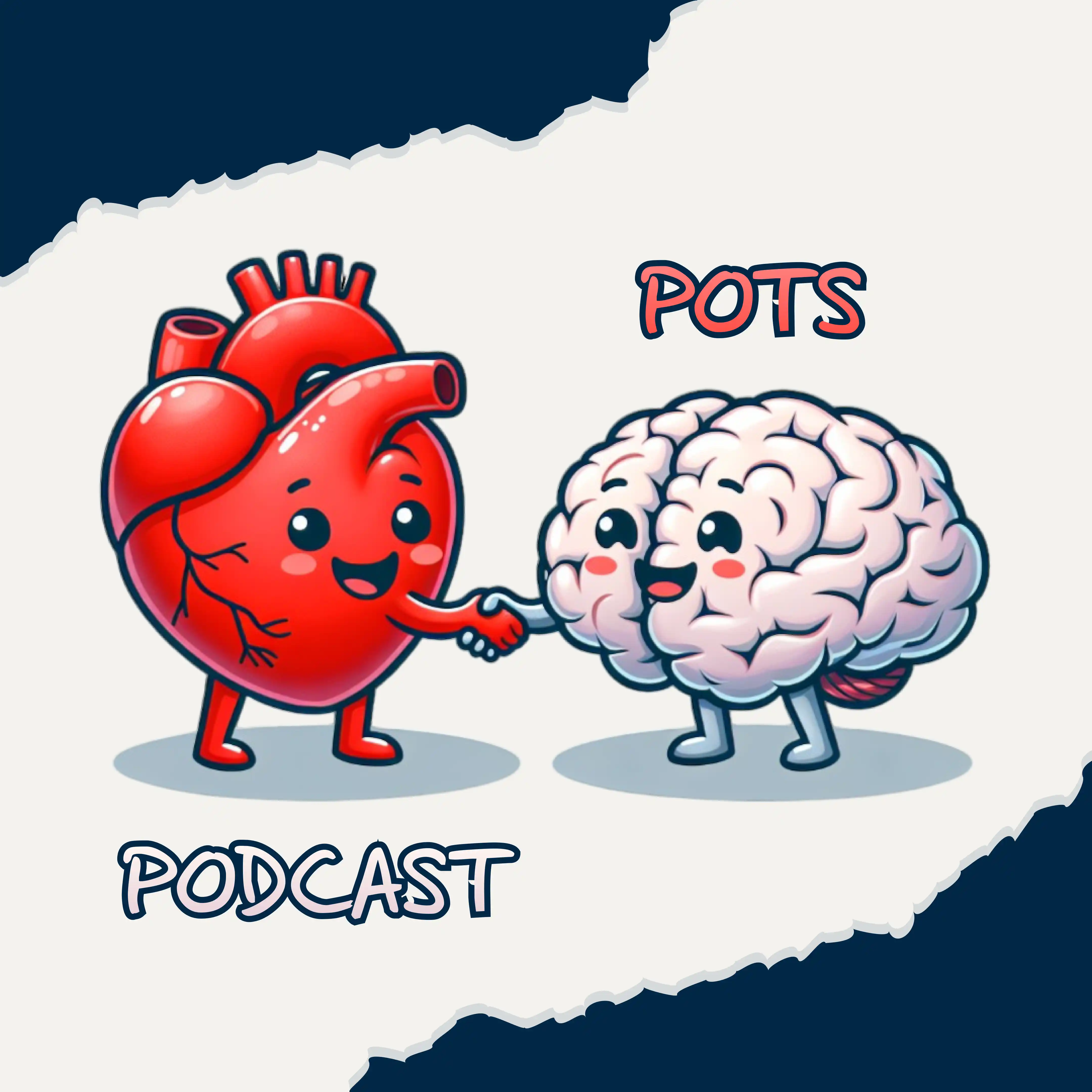
POTS & Dysautonomia: Training Through Fatigue and Finding Balance
My POTS Podcast hosts Dr. Joseph Schneider and Joseph Quirk tackle the relationship between Postural Orthostatic Tachycardia Syndrome (POTS) and dysautonomia, revealing how these conditions impact cardiovascular, respiratory, digestive, and neurological systems uniquely in each patient. They discuss their exercise with oxygen therapy approach for monitoring heart rate, oxygen levels, and recovery times—identifying when patients reach metabolic thresholds as heart rates unexpectedly drop during activity. The conversation extends beyond exercise to examine environmental triggers like mold exposure and heavy metals, hormonal imbalances affecting morning symptoms, and metabolic factors causing weight fluctuations. The hosts detail how brain performance suffers when these systems break down, resulting in brain fog, slowed reaction times, and memory issues that significantly impact daily functioning. Listeners gain insights into identifying hidden inflammation triggers through food sensitivity testing, managing exercise intensity appropriately, addressing gut dysbiosis, and balancing the critical triad of neurological input, muscle function, and fuel delivery essential for recovery. Connect with Dr. Joseph Schneider: Website: Hope Brain and Body Recovery Center LinkedIn: Joseph Schneider YouTube: hopebrainbodyrecoverycenter Instagram: @hopebraincenter_ Facebook: Hope Brain and Body Recovery Center
Description:
My POTS Podcast hosts Dr. Joseph Schneider and Joseph Quirk tackle the relationship between Postural Orthostatic Tachycardia Syndrome (POTS) and dysautonomia, revealing how these conditions impact cardiovascular, respiratory, digestive, and neurological systems uniquely in each patient. They discuss their exercise with oxygen therapy approach for monitoring heart rate, oxygen levels, and recovery times—identifying when patients reach metabolic thresholds as heart rates unexpectedly drop during activity. The conversation extends beyond exercise to examine environmental triggers like mold exposure and heavy metals, hormonal imbalances affecting morning symptoms, and metabolic factors causing weight fluctuations. The hosts detail how brain performance suffers when these systems break down, resulting in brain fog, slowed reaction times, and memory issues that significantly impact daily functioning. Listeners gain insights into identifying hidden inflammation triggers through food sensitivity testing, managing exercise intensity appropriately, addressing gut dysbiosis, and balancing the critical triad of neurological input, muscle function, and fuel delivery essential for recovery.
Connect with Dr. Joseph Schneider:
Website:Â Hope Brain and Body Recovery Center
LinkedIn:Â Joseph Schneider
YouTube:Â hopebrainbodyrecoverycenter
Instagram:Â @hopebraincenter_
Facebook:Â Hope Brain and Body Recovery Center




Comments